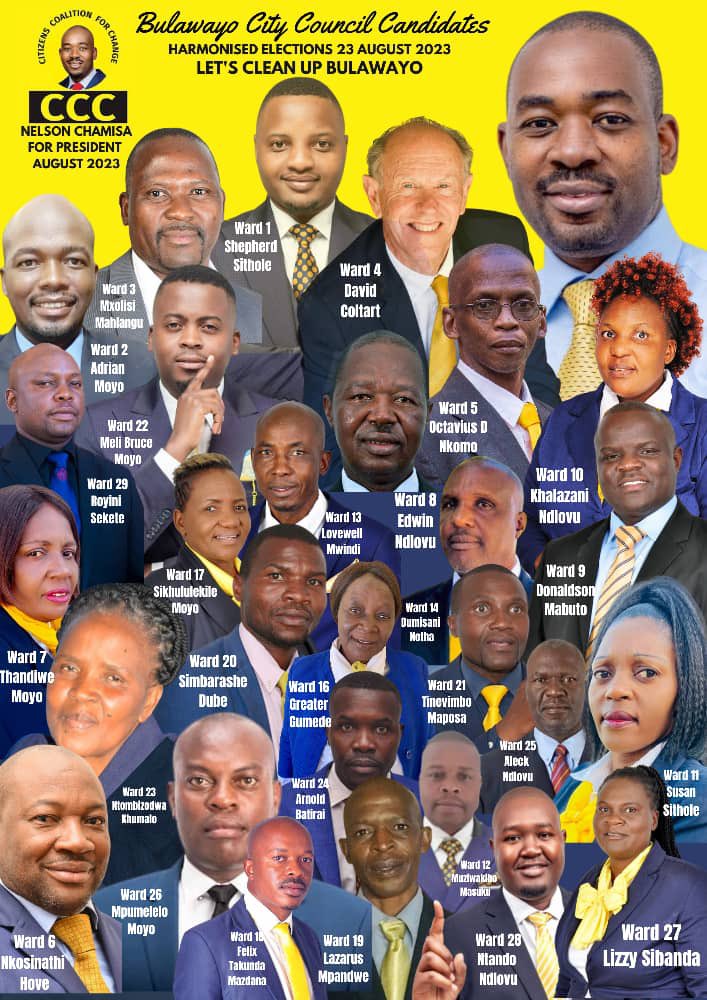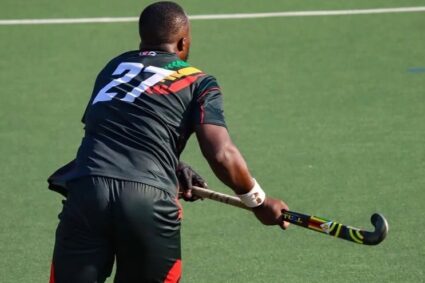Zimbabwe’s recent recall elections, which targeted several Members of Parliament (MPs) and councilors, have sparked a debate about the participation of youths and women in the country’s political landscape. The recalls, initiated by the opposition Citizens Coalition for Change (CCC), have disproportionately affected young and female politicians, raising concerns about their representation and engagement in the democratic process.
The Recall Process and Its Impact
In August 2023, the CCC, through its self-proclaimed Secretary-General Sengezo Tshabangu, initiated recall proceedings against several MPs and councilors, primarily targeting those from the CCC. These recalls resulted in the vacating of numerous seats in parliament and local councils, leaving young and female politicians particularly affected.
The recalls have not only disrupted the political landscape but also raised questions about their underlying motives. Critics argue that the recalls are a form of political intimidation aimed at silencing dissenting voices and weakening the opposition.
The Impact on Young and Female Politicians
Among those affected by the recalls are Shantel Chirwa, the former Mayoress of Masvingo, who became the first female and youngest Mayoress in the town’s history; Hon. Nicola Watson, the first female MP for her constituency since its establishment in 1914; and Hon. Pashor Sibanda, who became the first MP for Cowdrey Park, defeating the incumbent Minister of Finance.
The recalls have also impacted a significant number of young councilors who fall under the Africa Union Youth Charter’s definition of youth (ages 25-35).
Youth Perspectives on the Recall Elections
A survey conducted by My Afrika Magazine reporter in affected areas such as Bulawayo South, Nketa, and Cowdrey Park revealed a range of opinions among young people regarding the upcoming by-elections. Some expressed skepticism about the value of participating in elections given the possibility of further recalls.
Others, like Nqabutho, a young resident of Bulawayo South, remained determined to cast their votes despite anticipating potential recalls. He emphasized the need for politicians to focus on national development rather than fostering an environment of constant elections.
Impact on Gender Representation in Politics
The Bulawayo Progressive Residents Association (BPRA)’s Secretary for Administration, Thembelani Dube, expressed concerns about the impact of the recalls on gender representation in politics. He noted that the targeting of young and female politicians contributes to an imbalance in the country’s political landscape, hindering efforts to promote inclusive representation.

Out of the 31 candidates vying for the 14 parliamentary seats in the upcoming by-elections, only four are female – two from the CCC, one from the ruling ZANU PF, and one from the third-largest party, ZAPU.
In the council seats, ZANU PF leads with four female candidates, followed by the CCC and ZAPU with two each. Two additional female politicians are running as independents, and the EFF party has one female candidate.
The Need for Inclusive Representation
The recall elections have highlighted the challenges faced by young and female politicians in Zimbabwe. The targeting of these groups raises concerns about their ability to fully participate in the democratic process and contribute to national development.
Addressing these challenges requires a concerted effort to promote inclusive representation and safeguard the rights of young and female politicians. It is crucial to foster an environment where all voices are heard and valued, ensuring that Zimbabwe’s political landscape truly reflects the diversity of its people.




One thought on “The impact of recalls and by-elections on youth and women’s political participation”